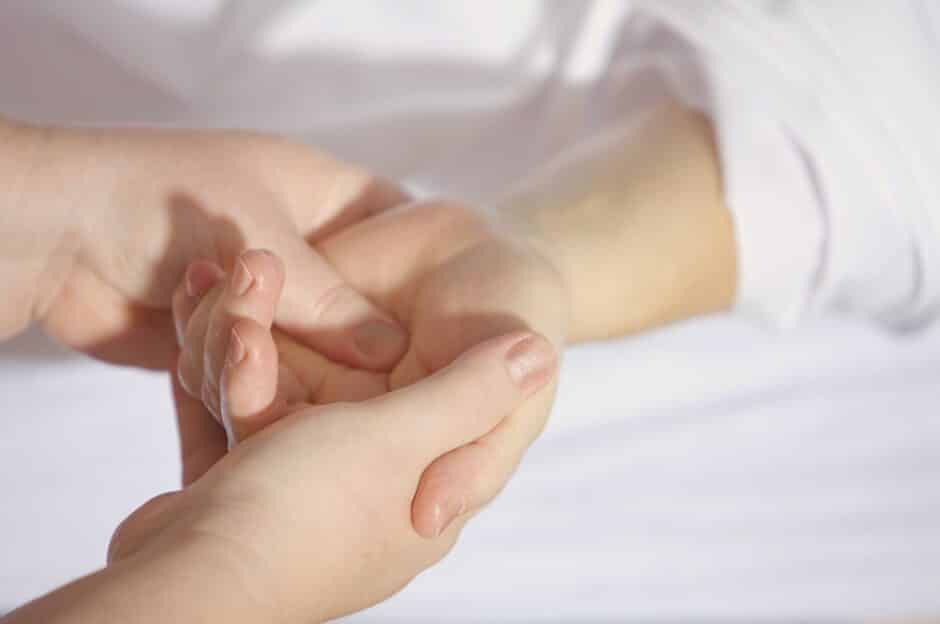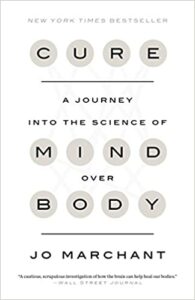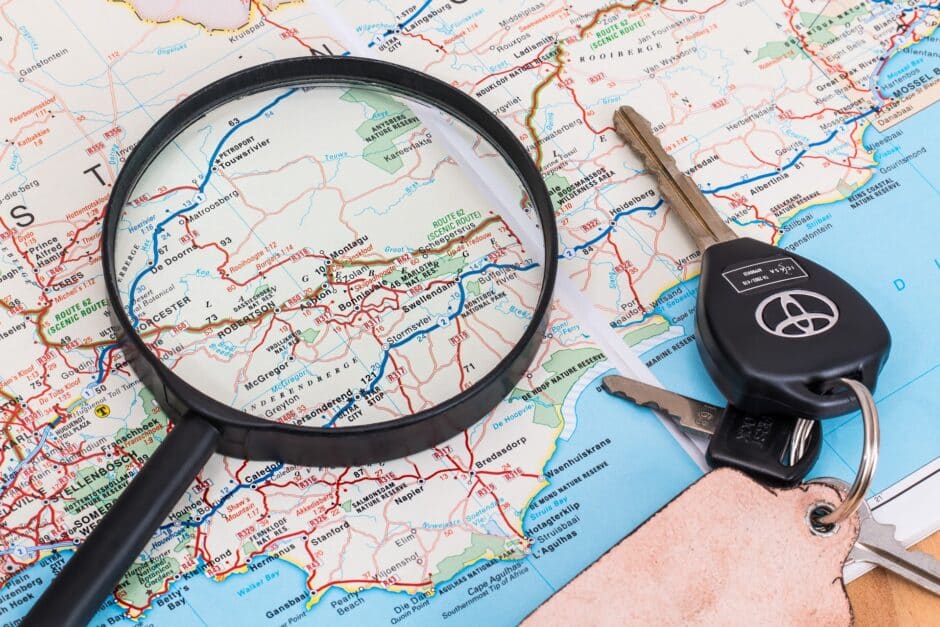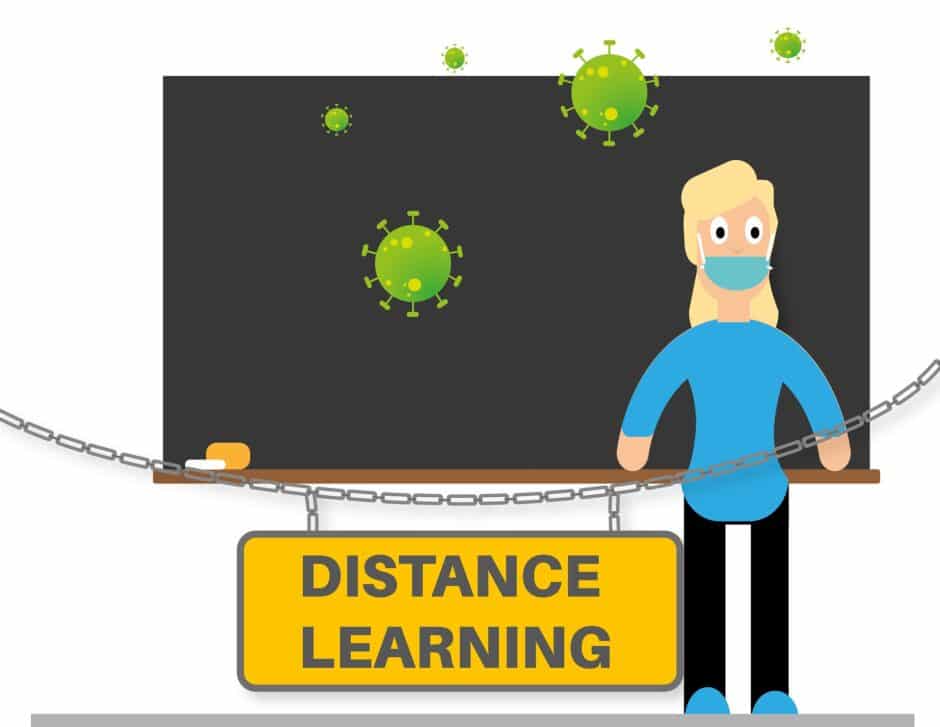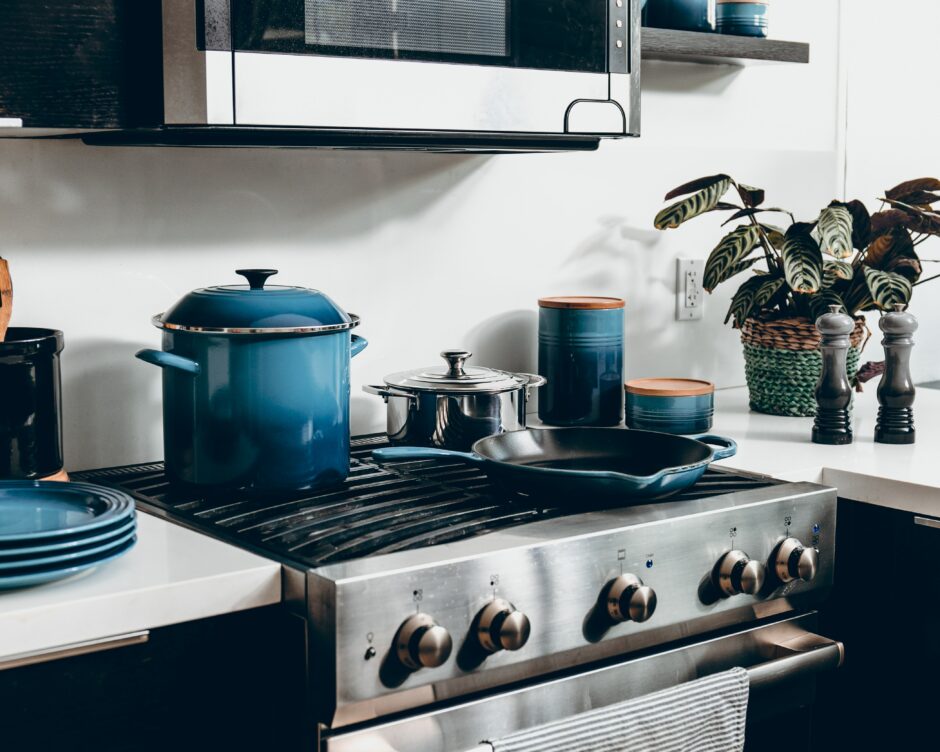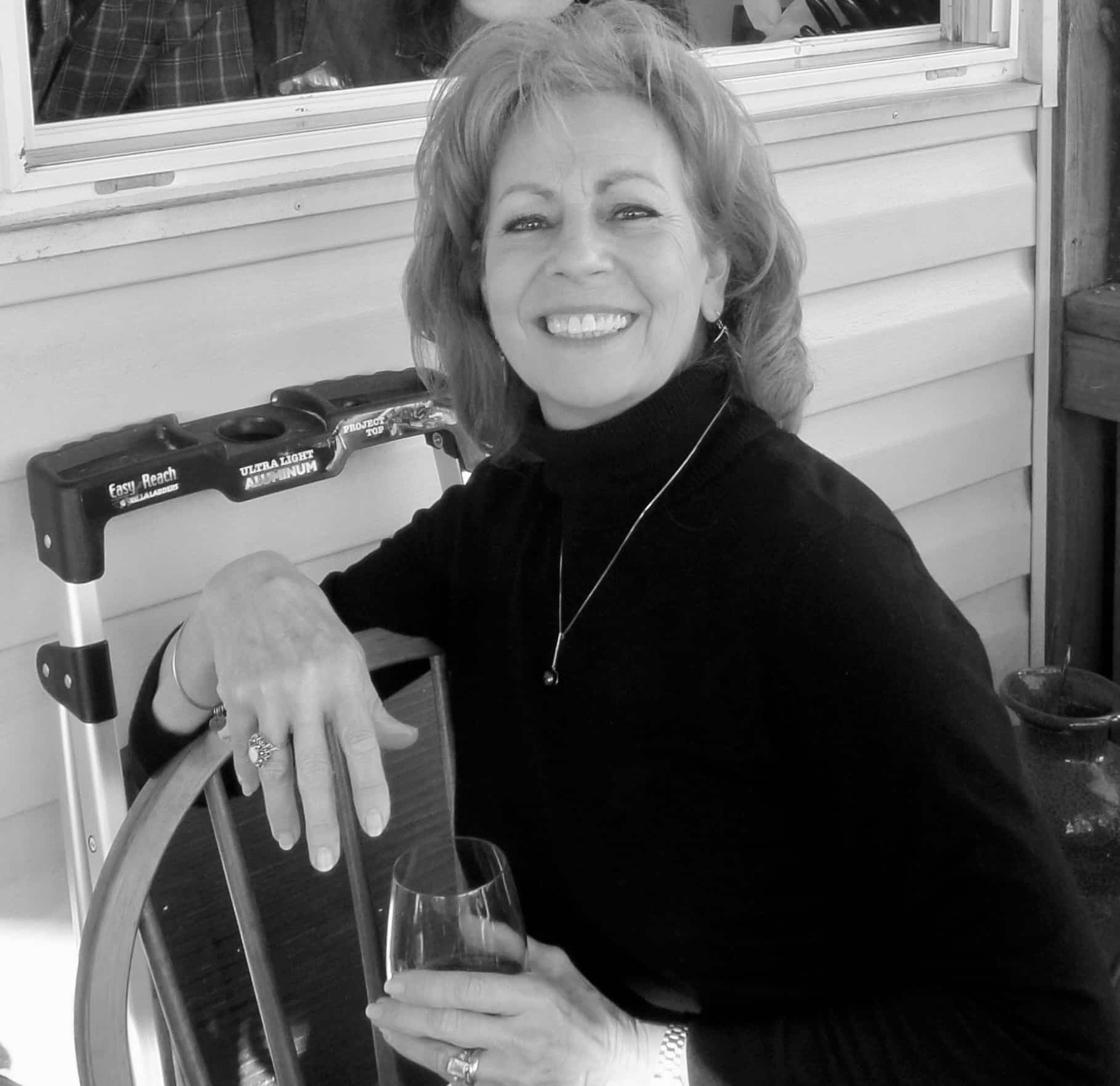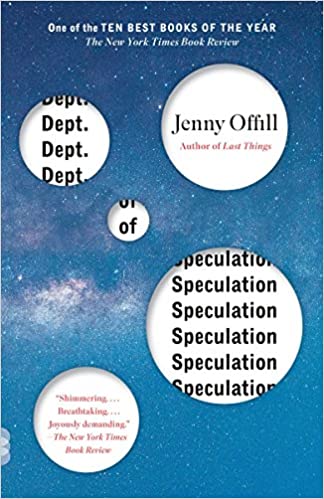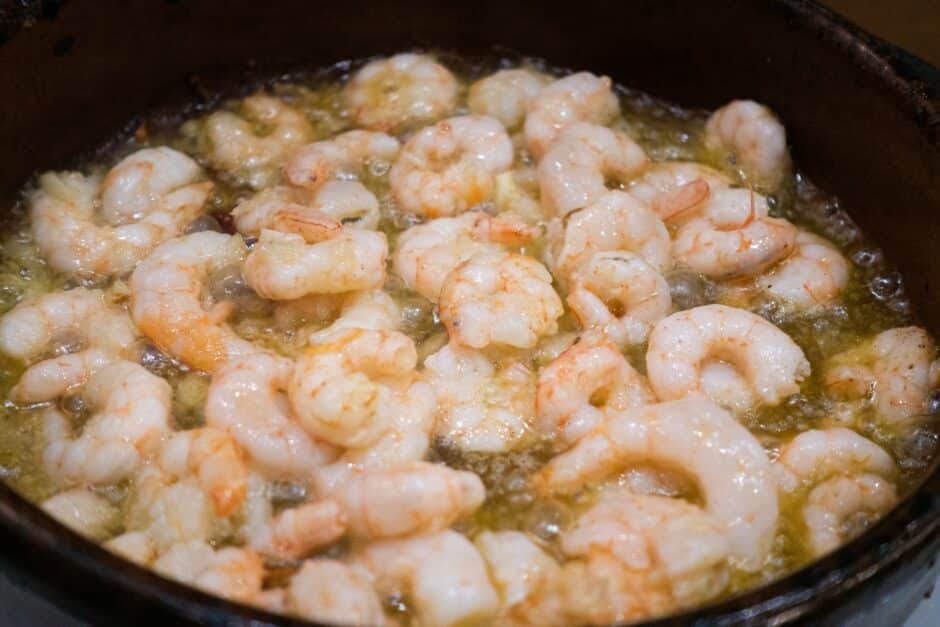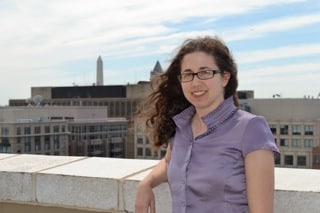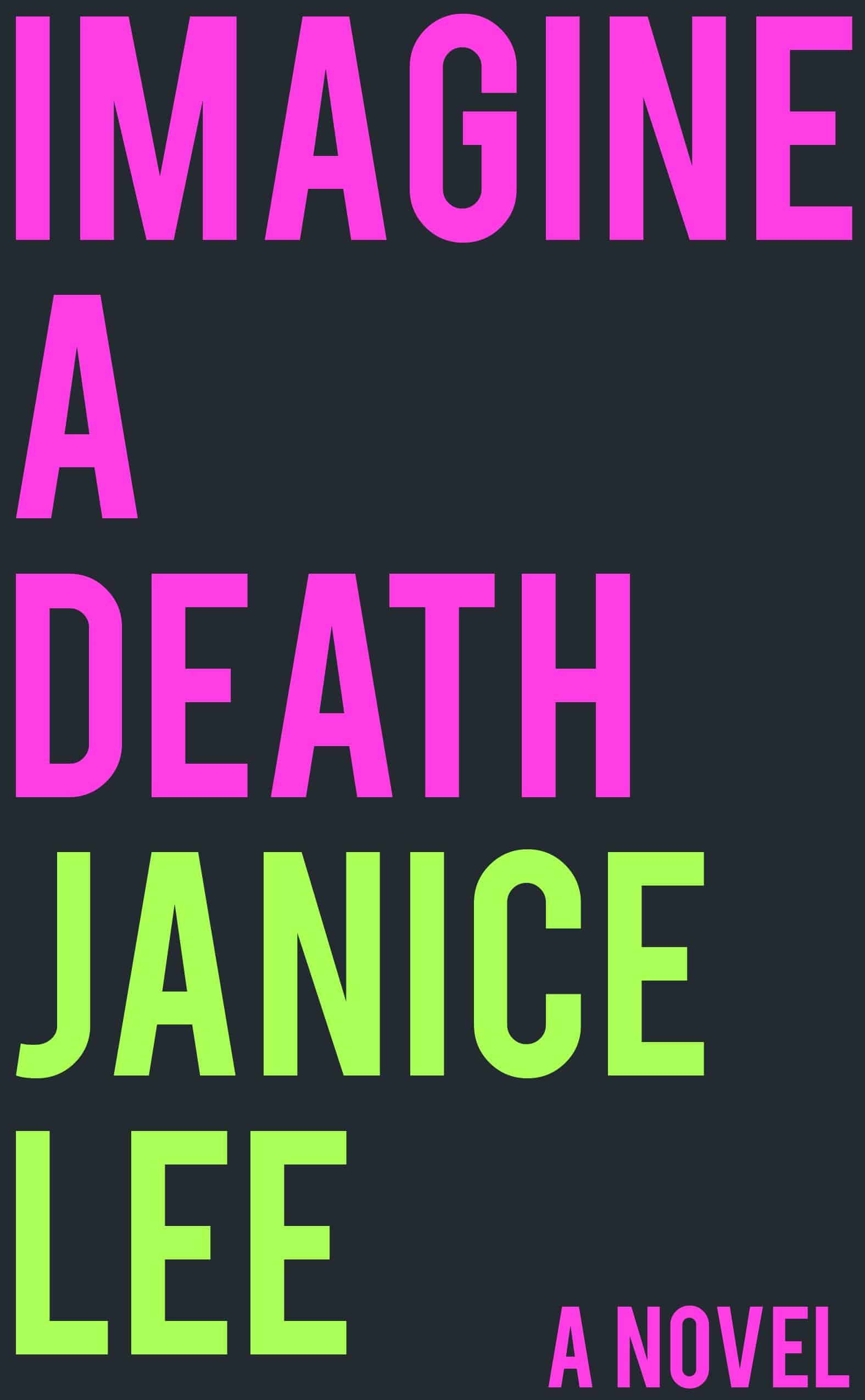It’s sometime in 2018, and everyone is working, because we haven’t heard of Covid yet. We think it’s cool to take five Advil and a few handfuls of Sudafed and come into the office when we have the flu. Sudafed’s an upper anyway. Pure, unadulterated energy. We are killing it.
I’m a lawyer. I love my job. I get to dress up in business clothes, buy lattes, use my brain. I love digging into complex cases, digging through the grit and emotion to figure out what really happened, what we can prove, and what the other side will argue. Whether they’re right or are just in it for the money.
I love that it’s part-time, which means I get “downtime.” I rush home to my babies at three, change into sweats or yoga tights, greet them at the bus stop. I hear about their days as I rush them to music, girl scouts, drama, karate. Running to the grocery store while they’re there, watching watch my phone constantly for whatever I’m missing. I ride an adrenaline wave from one emergency to the next.
It all works. Except.
I hate my job. I spend hours arguing over pieces of paper no one wants just because the other side wants to pick a fight. I spend years of my life and kill small forests of trees arguing over paperwork no one will ever read.
I hate that it consumes me. Twelve hours a day I’m on guard, even though I’m not technically working. I can’t stop watching email, it could be malpractice if I miss one. My brain has no time to shut down. Kids, husband and cats pester me while I try to zone out, staring at Facebook, looking for a break.
We go to trial and I disappear into a mountain of paperwork and stress. Eighty-hour weeks. More. I leave my children and husband before the sun rises, get home when they’re in bed. I leave them Saturdays because witnesses need prep, on Sundays because the exhibits have to be ready by Monday. Wash. Rinse. Repeat.
In law school, during orientation week, they told us lawyers tend to die young. Get divorced. Become alcoholics, drug addicts, criminals. That’s what you’re signing up for, by being here in this beautiful, wood paneled classroom.
“By the way,” they said, “we already cashed your tuition checks.”
But clearly, they were talking about the person sitting next to us. We gave that person a sideways glance and wondered what exactly was in their travel mug.
After ten years, I knew they were right. That the only sane thing to do that day was run out of the lecture hall and kiss that tuition check goodbye. Sunk costs are better than sunk lives.
I quit in 2019. I’m unemployed for the first time in my life. All around me, everyone is working, because we haven’t heard of Covid yet.
I watch friends dart from soccer game to the grocery store, balancing lattes and cell phones and to-do lists so long they’ll never find the bottom. They fly by in a daze, a perpetual line of confusion etching itself into the space between my eyes, above my nose, as I wonder how they’re still standing.
Maybe it’s just me, I’m the one they were talking about in that lecture hall. My inability to handle everything wasn’t the inevitable result of a broken society, but the inevitable result of a broken self. Because everyone else seems fine.
It’s 2020, and everyone is not fine. Every woman with enough privilege to go without her salary, every woman without enough privilege to find help with her children, every woman who can, almost every woman I know – she’s quitting.
The media calls it the great resign. I wonder if anyone asks how many are women.
Because our children are needy again like overgrown toddlers. Sticky little faces and fingers interrupting Zoom meetings. Virus-contaminated office spaces with no vaccine in sight, then a vaccine for some, then a vaccine for all, but nothing for our littlest of littles.
Schools open and close and open again. They open with masks and without masks and with vaccines but no mandates. They open with quarantines for the infected or blithe emails listing all the ways our children were exposed to a deadly virus.
“But come on back tomorrow,” they say.
Those little faces and fingers aren’t there to interrupt the Zoom meetings anymore. We watch the news. We sit on our hands. As the storm becomes the new normal, we wonder what to do next.
Something about those endless days of running, running, running, doesn’t call to us anymore. At least those of us with the privilege to choose.
But choose what?
“I’m just not cut out to be a country club wife. But I’m trying,” my friend says over coffee one morning. We quit, can’t imagine going back. I can’t imagine killing years and trees arguing over paperwork no one is going to read.
We are without identity. We were teachers, programmers, executives, doctors, nurses. Lawyers. They told us we could have it all, and now we’re not sure we’re qualified to do anything.
I am not a country club wife either, but I try to be. I walk. I tennis. I read. I write. I yoga. I take care of the teenagers who ate my babies.
All of us, the women who quit, we look out at the horizon of the next 30, 40, 50 years and wonder how to fill them. Or if we should just fade into oblivion, leaving our high heels and laptop bags behind forever.
Because we can’t get comfortable in the chaos again. We know this. And even if we could, we know that the next wave, the next variant, will demand that we sacrifice it all.
We’re women. It’s what we do.
Jennifer Lauren is a retired lawyer and Seattle native living in Austin, Texas with her son, daughter, husband, and too many pets. Her first novel, Everything We Did Not Do, is represented by Emily Williamson of Williamson Literary, who is actively seeking publishers. Contact Emily at https://www.esjwilliamson.com/contact-us. Find Jennifer at jenniferlauren.net.
***


